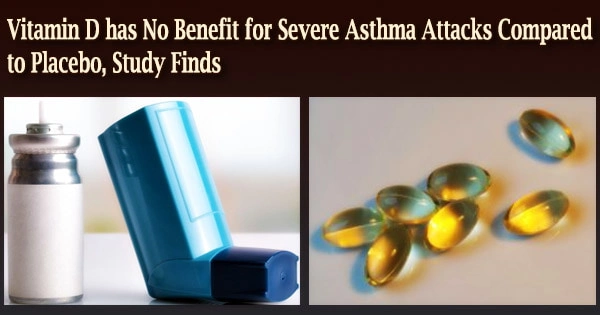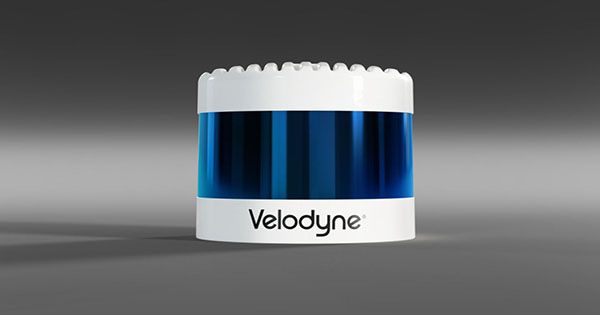According to the first placebo-controlled scientific experiment to explore this relationship, vitamin D supplements do not prevent severe asthma attacks in at-risk children, contrary to previous findings.
These results were published today in JAMA.
“The reason that’s important is there are colleagues around this country and worldwide who are testing vitamin D levels for kids with asthma and giving them vitamin D,” said study lead author Juan C. Celedón, M.D., Dr.P.H., chief of pediatric pulmonary medicine at UPMC Children’s Hospital of Pittsburgh.
“As a system, it costs a lot of money to run all these tests and give the supplements. We’ve shown no benefit for children with moderately low vitamin D levels.”
Vitamin D is both a vitamin and a hormone produced by our bodies. It is a fat-soluble vitamin that has long been known to aid in the absorption and retention of calcium and phosphorus, both of which are essential for bone formation.
The Vitamin-D-Kids Asthma (VDKA) Study tracked approximately 200 children ages 6 to 16 across seven different hospital systems in the United States for three years. All of the participants had at least one asthma attack in the year leading up to the trial.
The reason that’s important is there are colleagues around this country and worldwide who are testing vitamin D levels for kids with asthma and giving them vitamin D. We’ve shown no benefit for children with moderately low vitamin D levels.
Juan C. Celedón
The half of the participants were given 4,000 IU of vitamin D each day, while the other half were given placebo pills. No one in the study had any idea what kind of medication each participant was getting.
Vitamin D has also been shown in lab experiments to inhibit cancer cell development, aid infection control, and reduce inflammation. Vitamin D receptors may be found in a variety of organs and tissues throughout the body, suggesting that it has essential functions beyond bone health, and scientists are currently researching these possibilities.
Every one of the children’s had vitamin D levels low an adequate number of that enhancements ought to have an impact assuming vitamin D genuinely is valuable for lessening serious asthma goes after yet the review avoided kids with extreme lack of vitamin D since it would be unscrupulous to keep it in those cases.
Vitamin D had no effect on the amount of asthma attacks participants had or their dependency on inhaled medicines when compared to placebo.
That’s in contrast to previous observational studies in Costa Rica, the United States and Canada, and Puerto Rico, which found that children with naturally low vitamin D levels had worse asthma.
“With observational studies, you never know is vitamin D causing asthma to be worse or do kids with worse asthma end up having lower vitamin D?” said Celedón, who also holds the Niels K. Jerne chair of Pediatrics at the University of Pittsburgh School of Medicine.
All children aged 1 to 4 and all babies (unless they consume more than 500ml of infant formula per day) should take a daily supplement throughout the year if they are at risk of not obtaining enough vitamin D.
Even with the precision of the current study’s design, Celedón admits that he can’t say whether very low vitamin D levels trigger asthma attacks, but he argues that those children should be supplemented anyway because of documented bone health implications.
Additional authors on the study include first author Erick Forno, M.D., M.P.H., and coauthors Franziska Rosser, M.D., M.P.H., and Yueh-Ying Han, Ph.D., of UPMC Children’s Hospital and Pitt; Leonard Bacharier, M.D., and Joshua Blatter, M.D., M.P.H., of Saint Louis Children’s Hospital; Wanda Phipatanakul, M.D., M.S., of Boston Children’s Hospital; Theresa Guilbert, M.D., M.S., and Sandy Durrani, M.D., of Cincinnati Children’s Hospital; Michael Cabana, M.D., M.P.H., of UCSF Benioff Children’s Hospital; Kristie Ross, M.D., M.S., of UH Rainbow Babies and Children’s Hospital; Ronina Covar, M.D., of University of Colorado Denver; James Gern, M.D., of University of Wisconsin-Madison School of Medicine and Public Health; and Stephen Wisniewski, Ph.D., of Pitt.
The National Heart, Lung, and Blood Institute (grant HL119952) financed this study. Pharmavite provided the vitamin D and placebo pills to the participants, while GlaxoSmithKline provided the steroid inhalers.
Neither company was involved in the study’s conception, implementation, or data analysis. Merck provided Celedón with a steroid inhaler for another, unrelated trial. Other authors’ conflicts of interest are disclosed in the article.
















